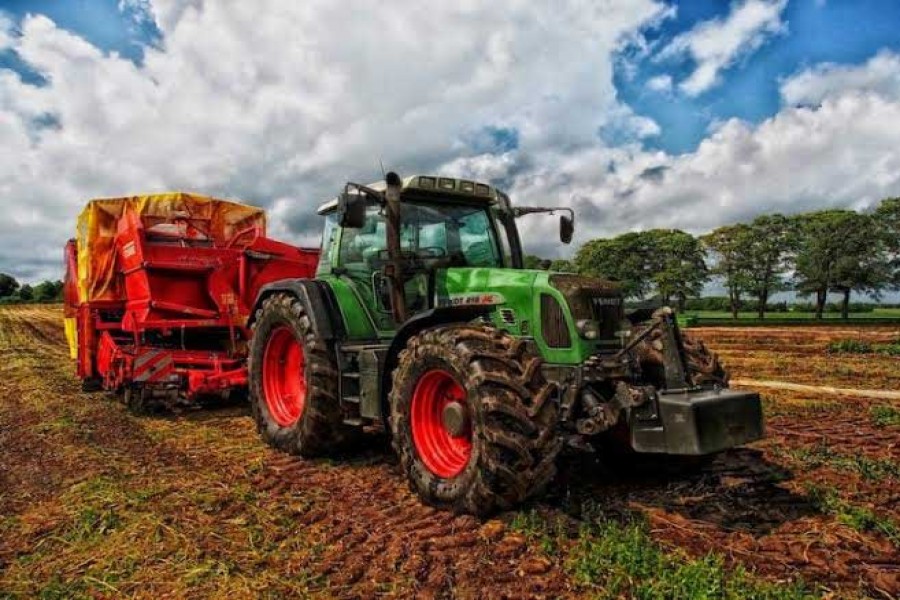The much lauded Farm Mechanisation Policy 2019 which promised to cause considerable improvement in the country's agro cultivation has reportedly run into a snag in implementing its incentive provisions. In fact, it was the incentives provided in the policy that made it look so responsive to the needs of the farmers all over the country. The policy, among other things, provided for the opportunity of buying farm machinery at lower prices and getting low-cost or interest-free loans. Depending on the places farmers belong to, it promised incentives from 50 to 70 per cent while buying agricultural machinery. Farmers in haor and coastal regions have been given more importance providing for 70 per cent subsidy for buying agriculture machinery, while those in other parts of the country would be entitled to 50 per cent. Clearly, the policy, a belated one though, was meant to bring substantial change in farming practices through increased adoption of technology and mechanisation amid rising costs and growing labour shortage. But as reports say, dearth of sufficient fund has come up as a potential deterrent to make the policy workable.
A news item published in the FE last week says the ministry of agriculture is finding it difficult to allocate required funds as demands from the field keep pouring in. The report, quoting agriculture ministry sources, says the government has so far allocated Tk 1.0 billion - far inadequate to meet the requirements, as against Tk 4.0 billion sought by the ministry, which too appears to be a conservative figure given the country-wide demand for farm mechanisation.
Failure to release fund has already hit the sale of agro implements. The Bangladesh Agricultural Machinery Manufacturers Association has reported that sales declined to as low as 70 per cent. There was a surge in imports and local manufacturing of farm machinery this year as expectation rose in the hope that government incentives would encourage farmers to purchase more at affordable costs. There is, reportedly, a demand for 100,000 units of combined harvester in the country, but local farmers have only 1,000 units. Demand for rice planter is 200,000 units, whereas farmers have only 950 units. With 50 per cent subsidy, as provided for in the policy, a commonly used combined harvester that costs Tk 2.0 million could be made available to farmers at half the price.
Release of required fund is thus extremely crucial, especially ahead of the upcoming boro season. The agriculture minister, however, is hopeful about receiving the desired amount to help continue the country's farm mechanisation process smoothly. He has also reportedly said that his ministry has almost completed compiling data on demand for farm equipment, and would be in a position to release fund accordingly the soonest it is made available. One just hopes that the matter is given high priority - not just to materialise the government's resolve on farm mechanisation but more importantly to facilitate farmers at large across the country.


